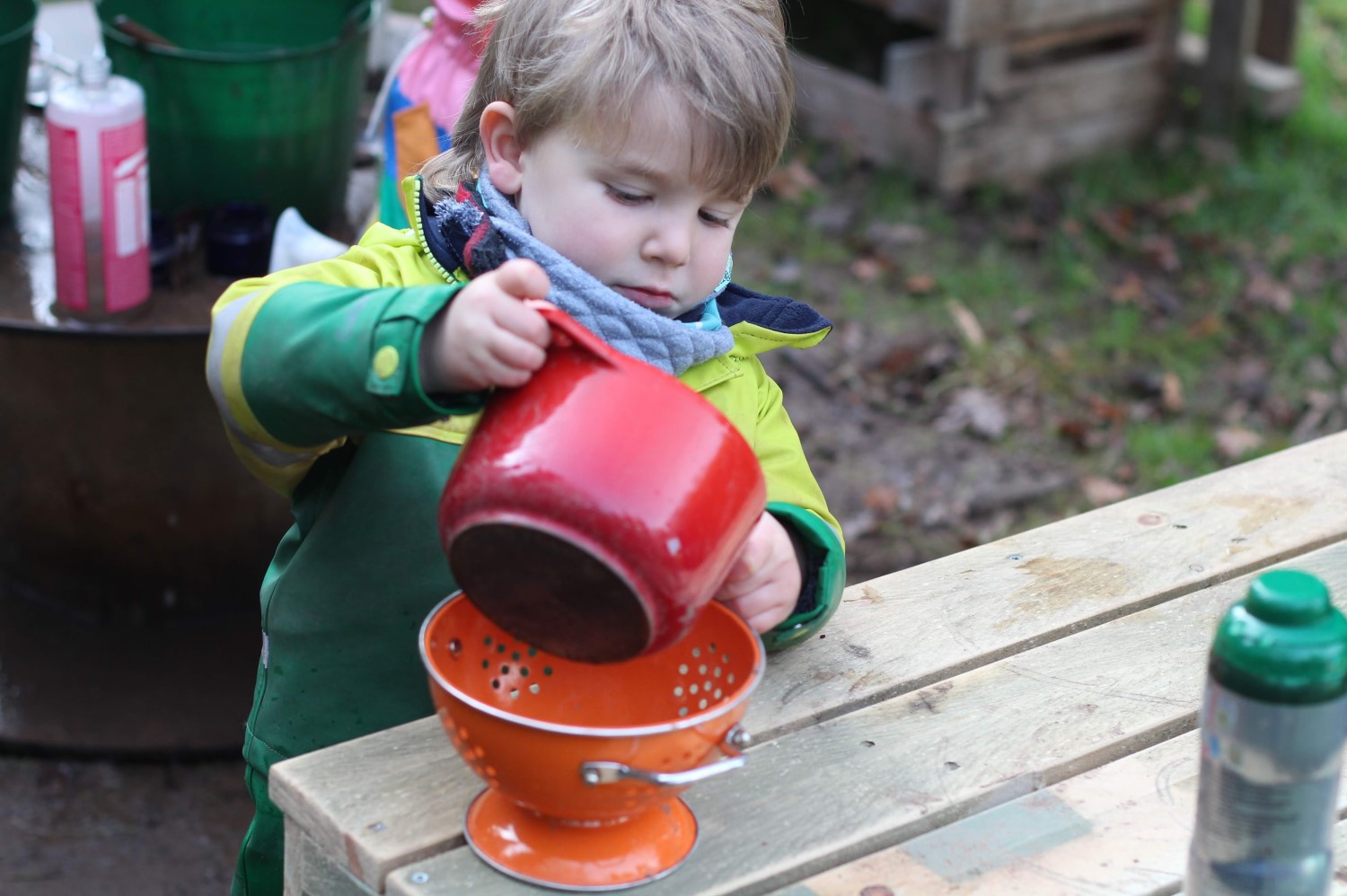We’re kicking things off this term with the release of our latest Ofsted Inspection Report. A huge thank you to all our children, parents and staff. A note from Helen, one of our founders.
As you will be aware we recently had our Ofsted inspection. Thank you so much to all of you who emailed feedback and who spoke to Sharon on the day. We appreciate your involvement and support. The inspection report has now been published, and we were happy to be graded a 'strong good' - the inspector's words! She was really impressed with all the work that we are all doing, and the children demonstrated beautifully to her how they lead their own learning. We had a wonderful circle time led by Jos where all of the children engaged with a book about feelings, a group of children making traps, who, with adult support, extended their learning by making signs to put up saying 'Danger!' - and all of the usual sand, mud, water and paint play which support such a wide range of learning and development.
As a progressive setting we always challenge Ofsted a little, but it's lovely to see movement within the organisation in the right direction. When we had our last inspection we were criticised for not having the majority of our children 'exceeding' developmental expectations, rather than developing as expected. We felt frustrated, wondering why children must be seen as 'underperforming' for simply being 'on track'; for simply developing as they should. Thankfully, this whole mindset is now shifting. Of course, it is important to know when a child is not meeting certain milestones, because it helps us to identify where additional support might be needed - but milestones and learning descriptors should never be used as a ticklist, because each child is different, and does things in their own time, given the opportunity. As Magda Gerber, founder of RIE® wisely said, "Readiness is when they do it".
It is also lovely to see greater value being placed on learning within meaningful contexts. Not that many years ago it was commonplace to see things like signs, labels and number lines all over early years settings - things which made the adults feel better, but which children, on the whole, ignored. What children DO learn from are meaningful examples of numbers and writing, like our menu with prices in the sand kitchen, our end of the day summary and our current interests boards. Children love to see us write and use numbers in 'real' ways, and will copy us because there is a power in what adults do. When we try and artificially engender these experiences, children know what we're up to and don't get much out of it. Similarly, children don't learn from being asked rote questions, whereas talking to them, making genuine enquiries and being authentically curious has the potential to open up huge shifts in their thinking and learning. There's also immense value in not answering children's questions all of the time, or correcting 'incorrect' facts, because it keeps the question open in their minds, and allows them the opportunity to discover new things on their own. Essentially, there is now a better appreciation of the importance of allowing children to find out about life on their own terms.
Finally, it is wonderful to see the beginnings of a better understanding of regulation, dysregulation and co-regulation, and how children cannot learn if they are dysregulated. It is for that reason that we prioritise both meeting children's emotional needs and helping them to learn about and understand their emotional experiences. Emotional wellbeing underpins all other areas of learning because a stressed or upset child does not have access to their rational, 'thinking' brain. We, as a setting, need to get to know the whole child, including what they struggle with and what stresses them out. When we understand these things we can better regulate their nervous systems, creating a 'safe haven' where we signal safety in response to their stress. (read the Ofsted report here).
"In order to teach, you need to have a relationship with the child. But first, the social brain needs to be online." - Dr Stuart Shanker
-Helen
Links
You can find information about our work at:

